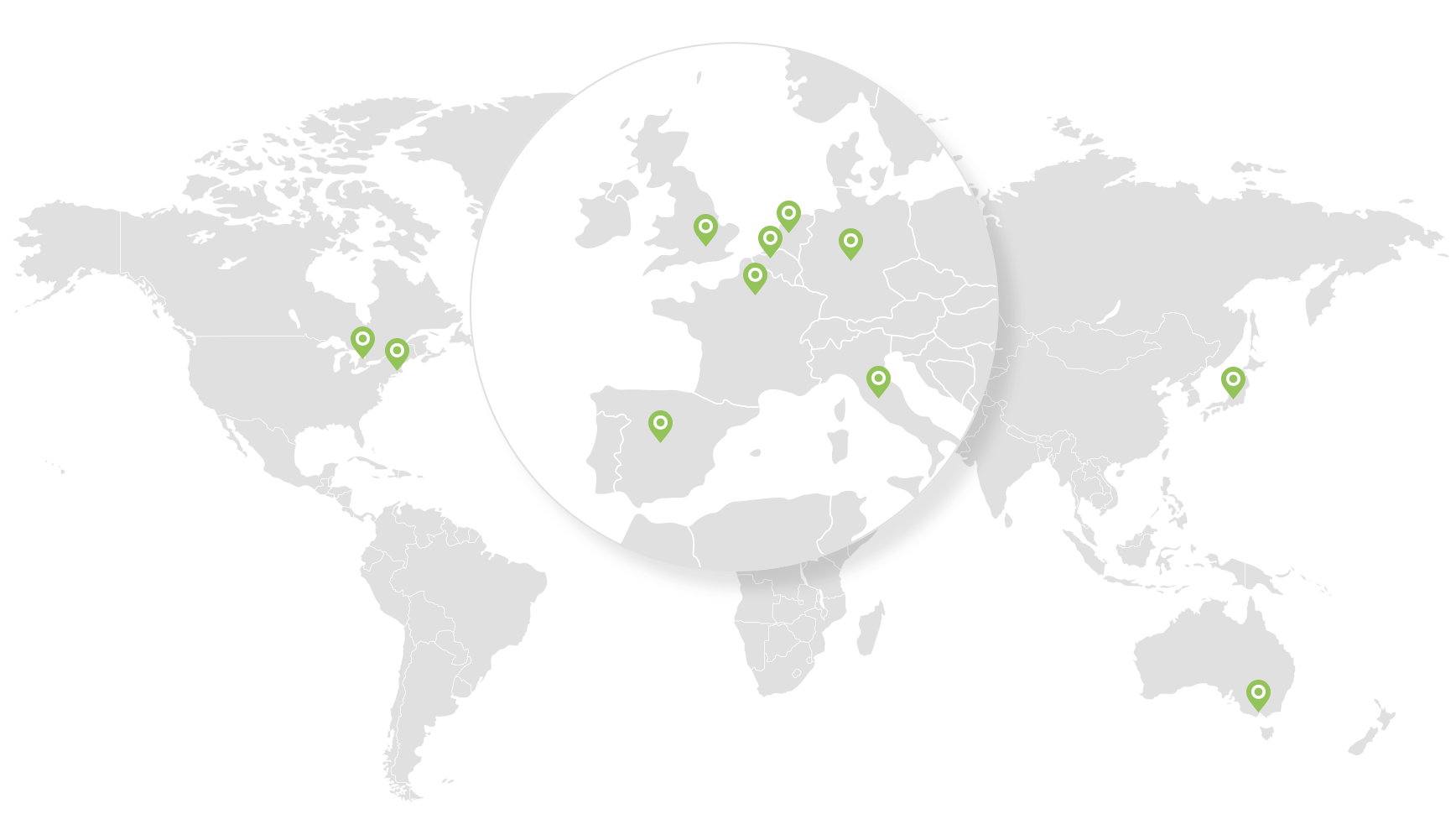arGEN-X Announces Publication on Therapeutic Potential of ARGX-115 in Cancer Immunotherapy
- Results on ARGX-115 published inScience Translational Medicineindicating inhibition of immune checkpoint GARP inin vivomouse model
Breda, the Netherlands/Ghent, Belgium- arGEN-X N.V. (Euronext Brussels: ARGX), a clinical-stage biopharmaceutical company focused on creating and developing differentiated therapeutic antibodies for the treatment of cancer and severe autoimmune diseases, and de Duve Institute / Université Catholique de Louvain (UCL) / WELBIO (BE) today announced the publication of new data showing that the preclinical therapeutic antibody ARGX-115 blocks the activity of GARP, a novel immune checkpoint. These findings were published in the leading journal Science Translational Medicine and suggest potential for the antibody candidate in cancer immunotherapy.
Combining the expertise of the de Duve Institute/UCL/WELBIO in cancer immunology with arGEN-X’s proprietary SIMPLE AntibodyTM platform led to the discovery of ARGX-115, a highly differentiated monoclonal antibody that inhibits the novel immune checkpoint GARP, commented Hans de Haard, Chief Scientific Officer of arGEN-X.
We believe there is potential for ARGX-115 as a future cancer immunotherapy as it inhibits specific downstream effects of regulatory T-cells (Tregs), a known contributor to cancer progression through the inhibition of anti-tumor immune responses. Additionally, there may be possibilities to use ARGX-115 in combination with tumor vaccines or other therapeutic antibodies in order to improve the efficiency of cancer immunotherapy regimens.
Sophie Lucas, leading the research group at de Duve Institute working on ARGX-115, emphasizes: This monoclonal antibody is the first therapeutic agent to show an inhibitory activity on the immunosuppressive function of human Tregs. The relevance of GARP in converting inactive TGF-beta into its active form on Tregs was now convincingly demonstrated in in vitro and in vivo models by the neutralizing antibody. ARGX-115 highlights the importance of active TGF-beta production in immunosuppression by human Tregs, and provides means to inhibit this immunosuppression in vivo.
ARGX-115 Re-activates Immunity to Cancer
In cancer patients, tumors grow as they escape from immune surveillance. Tumors can suppress the immune system by co-opting different immunosuppressive cells such as Tregs, which exert contact-dependent inhibition of immune cells through the production of active TGF-beta. On the Treg cell surface, membrane protein GARP regulates the production of active TGF-beta. Preclinical studies completed at de Duve Institute/UCL/WELBIO show ARGX-115 can inhibit the immunosuppressive activity of human Tregs by binding to GARP in complex with inactive TGF-beta and preventing release of active TGF-beta.
Science Translational MedicinePublication
Cuende J. et al., Science Translational Medicine, 2015 April 22, Vol 7, Issue 284
Abstract:http://stm.sciencemag.org/content/7/284/284ra56.abstract
